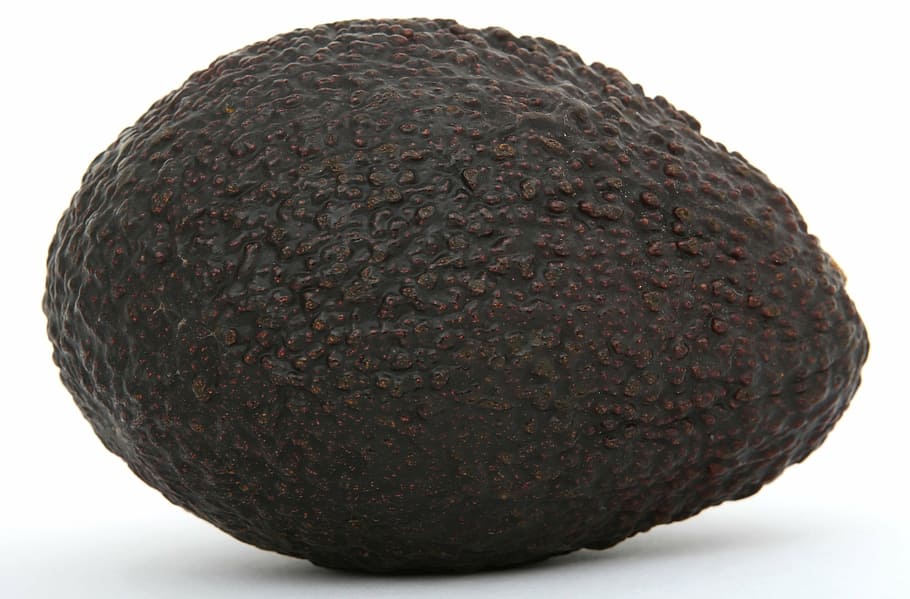You can’t guess how these words originated
Ever got into a situation where a 5-year-old asked you why something is called by that particular name only, say why ketchup is called ketchup and you were simply speechless.
We don’t want to test your English language skills but irrespective of your command of the language, we are sure you don’t know the origin of all of these words. Words usually originate from language, culture, mythology or even ancient scriptures. Here is a small list of words in the English language that have strange origins.
1) Quarantine – It used to be 40 days only

The word “quarantine” is said to have originated in the 14th century when Europe was in the grip of the devastating plague. The plague was so deadly and infectious that it wiped out around 1/3rd of Europe’s population.
The word is derived from the Venetian dialect of the Italian words “quaranta giorni”, or “forty days”, which refers to the period of 40 days for which ships were put in isolation before those aboard were allowed ashore. This period was initially 30 days (known as “trentine”) long, which was later extended to forty days.
2) Testify- Like Michael Jackson

The word ‘Testify’ comes from the Latin word for “witness” (testis), the word testis also means “testicles” in Latin. Mythology claims that in ancient Rome, men would hold their testicles when taking an oath.
3) Clue – with strings attached

Finding a clue to solve a problem or mystery leads back to Greek mythology when Theseus entered the Labyrinth to kill the minotaur (a half-man, half-bull), he unraveled a “clew” – a ball of string – behind him, so he could find his way back. Did you have a “clue” that there will be such an interesting story behind the word Clue?
4) Whiskey – Water Of Life!

A conversation starter for every boozer out there, whiskey is actually spelled in old English as “usquebae,” Derived from two Gaelic words ‘uisce’ (water) and ‘bethu’ (life), it sums up to Whiskey being the “water of life.”
5) Assassin – What do these guys smoke?

This one is surely is as interesting as it is gory. In ancient times, members of a fanatical sect used to smoke hashish during the Crusades and then murder leaders on the enemy.
Soon people started calling them “hashishiyyin,” which means hashish-users in Arabic. As it happens with most words after centuries of mispronunciation, it got assimilated in English as “assassin.”
6) Avacado – Sorry for revealing this to you

Avocado features in the list of the healthiest food and if you are an avocado aficionado yourself, we are sorry to break this news to you. Avocado is believed to keep your sex drive up and that’s where the origin of this word lies.
The healthy food got its name from the Aztec word ‘ahuacati’ meaning ‘testicle’ because it looked like a man’s testicle. We hope you won’t have any problems eating avocado henceforth.
7) Fizzle- quite literally
Fizzle means- ‘making a feeble hissing or sputtering sound’ or ‘failure’. It has its origin from the old English ‘fisting’, meaning farting! well if we take it quite literally ‘I fizzled my teachers’ means ‘I farted on my teachers’
8) Ketchup
There are many theories about where the term originated from, but the first possible reference to it might have been as early as the 17th century when the Chinese used “kôe-chiap” to refer to a mix of pickled fish and spices.
It later made its way to Malaysia, taking the form of the word kicap for “fish sauce.” finally ending in the English and dutch market as ketchup. The word travelled from China to Europe, a strange coincidence with the COVID-19 journey.
9) Mortgage – The life sucker

The word is derived from 2 words mort (‘death’) and gage (‘pledge’) literally meaning ‘death pledge’. Well, it does feel like a death pledge as it sucks the life out of us to make the ends meet.
10) Nightmare – Nights of Mara
No one likes a nightmare but you might hate it even more after knowing the theory behind it. The word “nightmare” comes from the Anglo-Saxon and Old Norse word mara, for a “demon” or “evil spirit.” According to Germanic folklore, the demon would sit on people’s chests as they slept, suffocating them or causing them to have bad dreams.
A “mare” also refers to a female goblin that sits on you, suffocates you while you sleep, entangles her hair around you in a “marelock”, and tries to induce bad thoughts. so remember when you are asleep and have nightmares you are not alone. Happy nightmares!
11) Tragedy- singing of the goats
The origin of the word “tragedy” has some ‘bloody’ details. It stems from the Greek word ‘tragodia‘, which means “song of the male goat.” There are many theories behind it one of them being that goats were sacrificed to the gods in Greek plays and then a goat lament was sung. It surely is a tragedy that our ancestors believed that Gods can be pleased with an innocent animal’s blood.
12) Muscle – the rodent history
If you love to show off your muscles, its origin will make you think twice. Ancient Romans used the word muscle shorter for musculus addressing ‘little mouse’. Apparently, to Romans, muscles looked like mice under the skin.
I hope you liked our small collection of words with strange origins. Let us know in the comments if you want us to bring more of such words to you.
You may also like
These 5 new words / slangs were added to Oxford Dictionary recently

